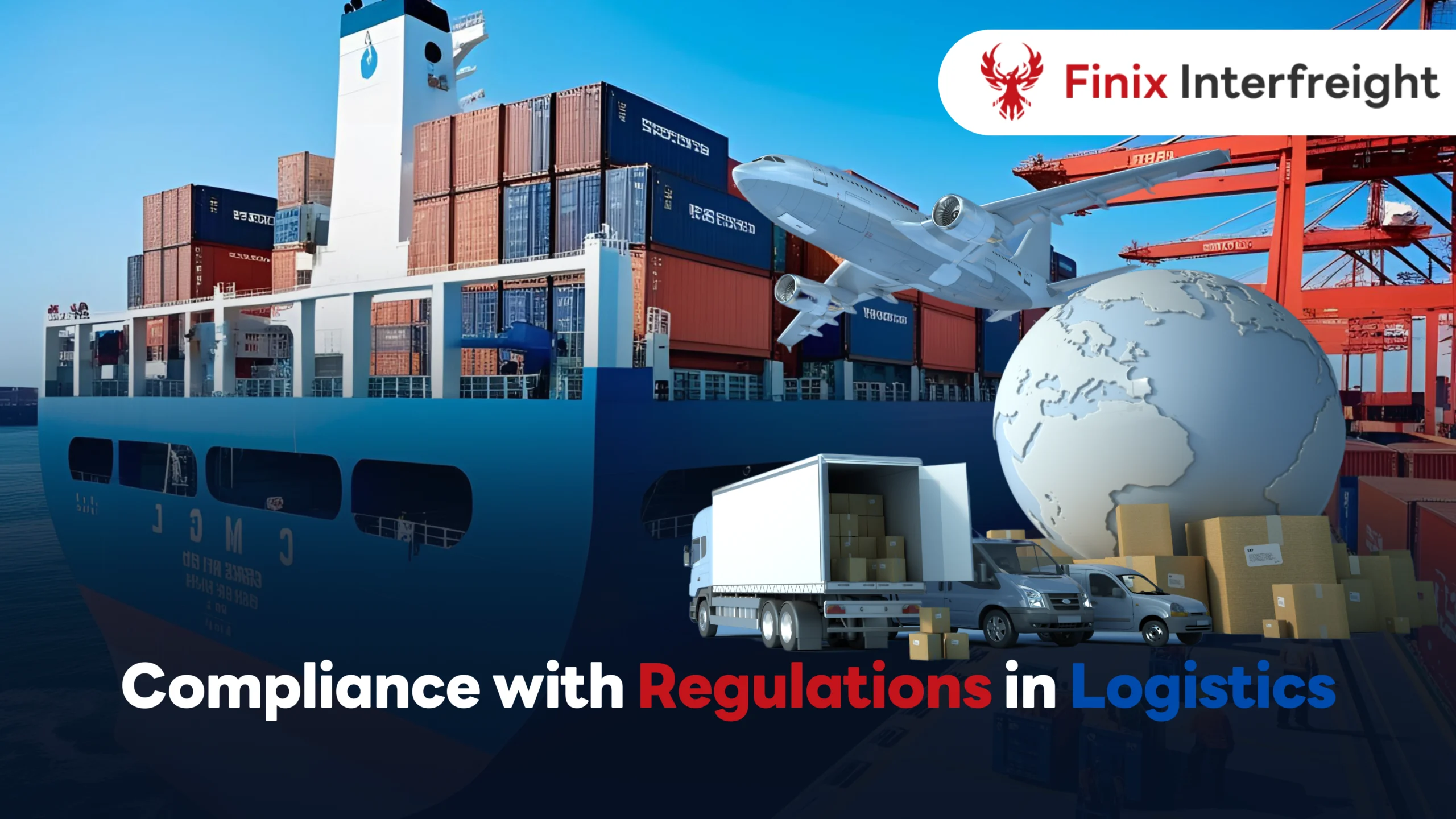In an era where trade and transportation play a crucial role in the global economy, compliance with regulations in logistics has become increasingly important. Adhering to regulations not only helps ensure the safety of goods and stakeholders but also builds trust with customers in the services that businesses offer. Furthermore, compliance helps businesses avoid potential legal issues that could impact their reputation and operations.
Regulations related to logistics encompass various aspects, including product quality control, the transportation of hazardous goods, and the management of necessary documentation for imports and exports. Having knowledge and understanding of these regulations is essential for operators in the logistics industry. Compliance enables businesses to operate efficiently and fosters sustainable relationships with customers and business partners.
In this article, we will explore methods for complying with regulations related to transportation and goods management. We will present clear and systematic guidelines to allow operators to effectively implement these practices in their businesses, thereby enhancing the stability and trustworthiness of the services they provide.
1. Studying and Understanding
Regulations
The first step in complying with regulations is to study and understand the regulations that pertain to transportation and goods management, both at the national and international levels. It is essential to review the regulations set forth by responsible agencies, such as the Ministry of Transport, Customs Department, and other relevant authorities. Knowledge of these regulations will help you comply correctly and reduce the risk of penalties.
2. Training and Developing Employee Skills
Training employees on the regulations related to transportation and goods management is of utmost importance. Employees should be taught how to handle necessary documentation, comply with safety standards, and manage goods that pose risks, particularly hazardous items or those with specific requirements. Providing the correct knowledge and skills will enable employees to comply with regulations more effectively.
3. Proper Document Management
In the transportation and goods management process, documentation is a crucial element that should not be overlooked. Necessary documents such as transport slips, invoices, and various certificates must be accurate and complete. Organizing documentation systematically will facilitate smooth compliance with regulations and inspections. Additionally, these documents should be securely stored to prevent loss or alteration.
4. Monitoring and Evaluating Processes
Continuously monitoring and evaluating the transportation and goods management processes is essential to ensure everything complies with established regulations. This monitoring can be carried out through internal audits or by utilizing external inspection services. Regular evaluation will help businesses improve processes and reduce the risk of non-compliance effectively.
5. Communicating with Relevant Authorities
Engaging in communication with relevant authorities, such as the Customs Department or agencies overseeing transportation, will provide businesses with accurate and up-to-date information regarding regulatory changes. Establishing good relationships with these agencies will enable businesses to address arising issues more swiftly and effectively.
Compliance with regulations in logistics is vital for ensuring that businesses operate correctly and safely. Studying and understanding regulations, training and developing employee skills, proper document management, continuous monitoring and evaluation, and communication with relevant authorities are all processes that help businesses comply with regulations effectively.
Failure to comply with regulations can lead to legal penalties and damage a business’s reputation, potentially affecting relationships with customers and other stakeholders. Therefore, a commitment to regulatory compliance not only prevents problems but also fosters trust and confidence in the services offered by the business.
Compliance not only enhances safety and reliability but also sets high standards for businesses in the logistics industry. If you need assistance in managing transportation and goods handling in accordance with the law, we at Finix Interfreight are ready to support your business’s success with a professional team that can provide reliable consulting and services.
If you are interested in more information or wish to consult about compliance with regulations in logistics, contact us today to begin a quality partnership! Finix Interfreight

